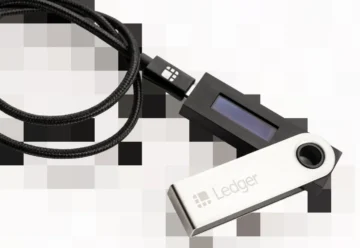Greater Bay Area Is Ideal Testing Ground for Programmable CBDCs

Analysts explored the possibility of using programmable central bank digital currencies (CBDC) in international trading in the Greater Bay Area (GBA).
Analysts from the British international bank Standard Chartered and the major consulting firm PwC China teamed up and published a report stressing the potential use of programmable CBDCs in the Greater Bay Area (GBA), which includes Guangdong Province, Hong Kong, and Macao.
They believe the programmability of digital currencies could be the key to their success in the economic zone that currently uses at least three different fiat currencies for commercial transactions. For example, Macao uses the pataca, Hong Kong uses the Hong Kong dollar, and Guangdong Province uses the yuan.
The analysts say programmable CBDCs can help simplify trading in the GBA, particularly to provide invoice settlements in the supply chain, contributing to the flexibility of currency exchange. They can also be used in software solutions to facilitate service. The report elaborates on using CBDC solutions in loyalty programs, which will be useful for small retailers as they can act as a tool to attract new users. The analysts highlighted that payment service providers would be able to use smart contracts for KYC processes, potentially increasing their popularity due to their convenience and security.
The report found that about $535 billion worth of trade transactions were conducted in the Greater Bay Area in 2021 alone, making the GBA an ideal testing ground for CBDCs.
Last month, the Hong Kong Monetary Authority announced the launch of the digital Hong Kong dollar (e-HKD) pilot project, involving 16 companies in the financial, payments, and technology sectors, which is exploring various use cases, including tokenization. China has begun testing the digital yuan (e-CNY) in cross-border rail transportation in Jiangsu province.











